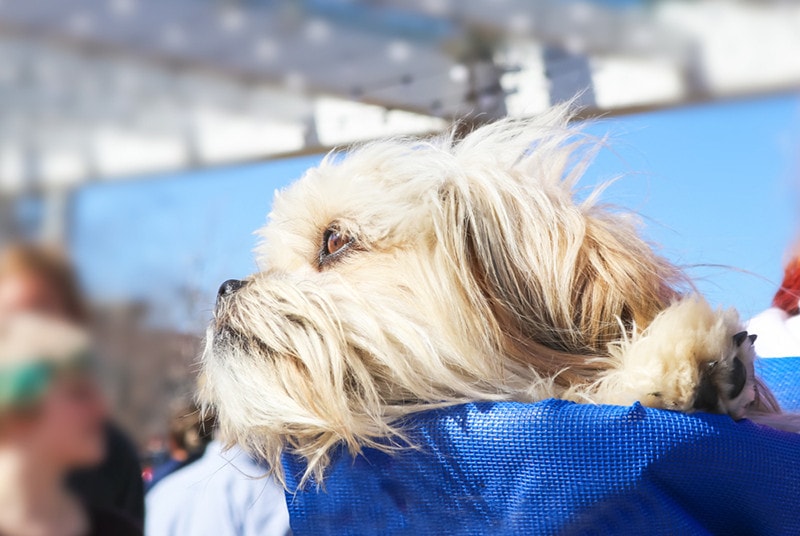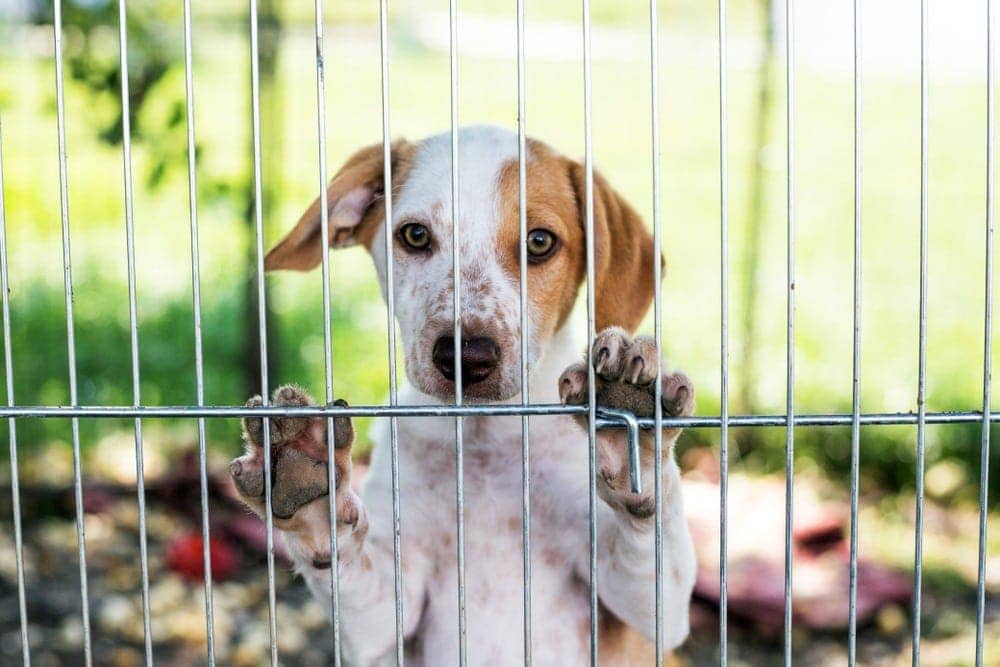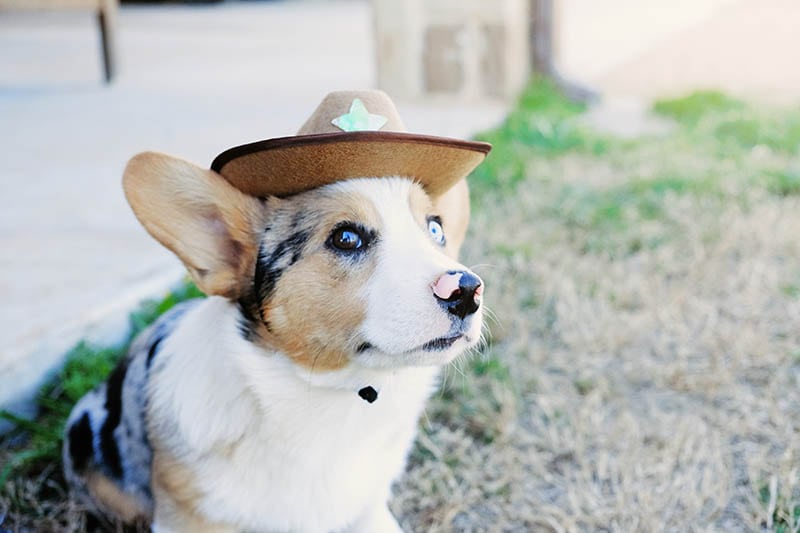How to Potty Train a Corgi: 8 Vet-Approved Tips & Tricks

Updated on
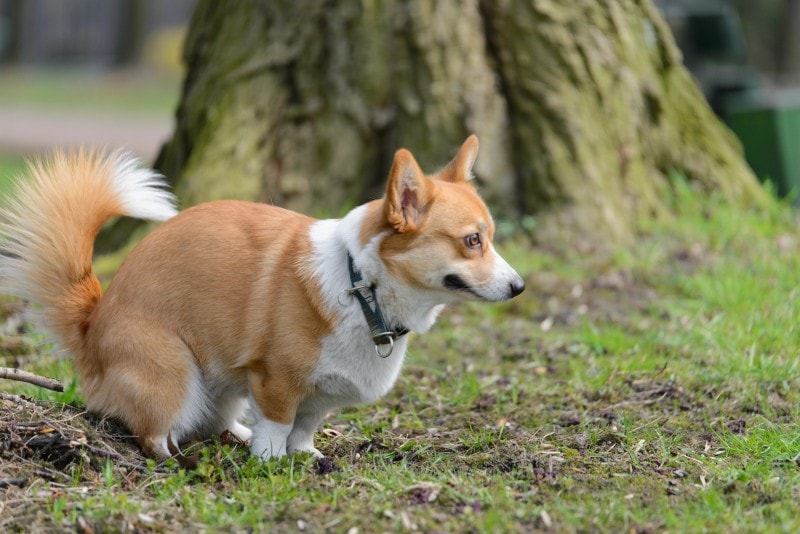
Corgi puppies are cute, excitable, and eager to please. They’re also fairly trainable, especially if you can get a good working relationship at a young age. But if you’re bringing a puppy into your house, you still have some work ahead of you. Dogs aren’t born knowing what the “bathroom rules” are, and even the sweetest corgi will need some help with potty training.
Here are eight great tips to help you with potty training.
The 8 Useful Tips & Tricks for Potty Training a Corgi
1. Don’t Expect Long Breaks
One of the worst ways to start potty training is by overestimating your puppy’s bladder control. Young puppies need to relieve themselves every few hours, and when they need to go they can’t hold it for long. This means you need to be giving your puppy lots of opportunities throughout the day and paying attention to their behavior to make sure you catch near-accidents before they happen.
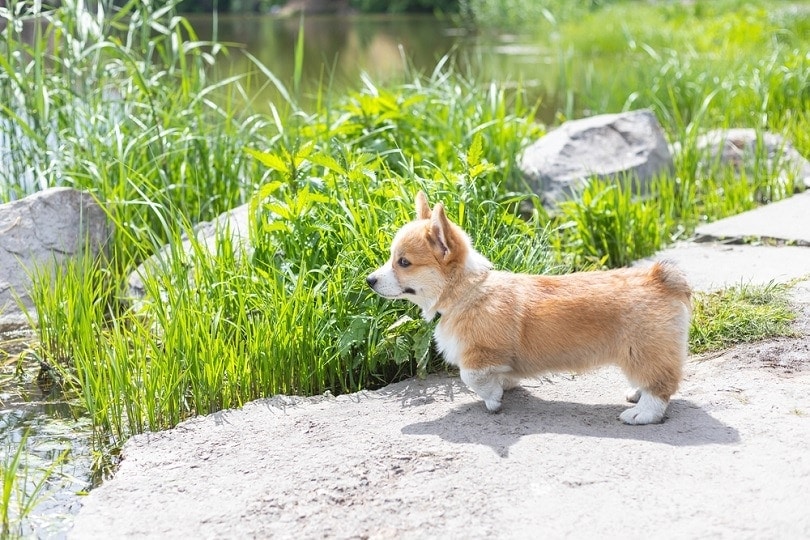
2. Stick to a Schedule (But Not Too Close)
Consistency makes a big difference in any kind of training, and a consistent schedule will help you a ton when it comes to housebreaking. You should aim to take your puppy out at the same time every day. In particular, it’s important to bring your puppy out first thing in the morning, right before bed, and shortly after meals.
You also want to give your puppy a chance to go potty every two to three hours. However, it’s also important to be flexible and responsive. Pay attention to your puppy’s body language and don’t be afraid to give an extra bathroom break if needed.
3. Keep a Consistent Diet
Diet plays a big role in elimination, and a consistent, high-quality diet will help your puppy to be healthy and more regular in their bathroom breaks. It can also lead to smaller, less smelly stools. If at all possible, don’t switch foods in the middle of potty training to help your puppy’s elimination stay consistent. You may also want to restrict water at night and in the evenings to minimize overnight accidents.
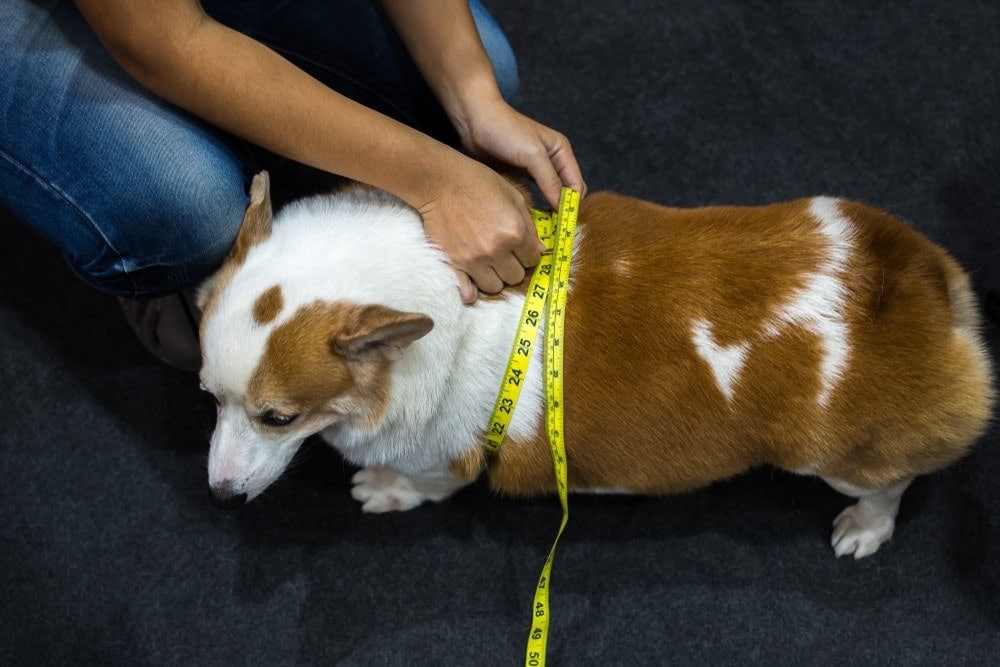
4. Consider Crate Training
Corgis are den lovers, and they don’t like to soil their dens. For most pet dogs, a crate is their safe space and crate training can help your puppy in lots of ways, including housebreaking. As you accustom your puppy to a crate, you can use the crate as a safe space to put your puppy when you can’t be on the lookout. Your puppy will naturally want to avoid peeing in the crate. If it does, that means you’ve left the puppy alone too long or the crate may be too big for your dog.
5. Use Textures to Your Advantage
It can be hard to train your corgi that indoor spaces are off limits, but you can help your dog learn faster by helping them recognize a specific terrain or texture as allowed. Most owners choose to encourage their dogs to pee on the grass, although gravel or dirt areas can work as well. The key, like everything else puppy related, is consistency. You don’t need to take your dog to the exact same spot every time, but staying on one type of terrain will help make a difference.
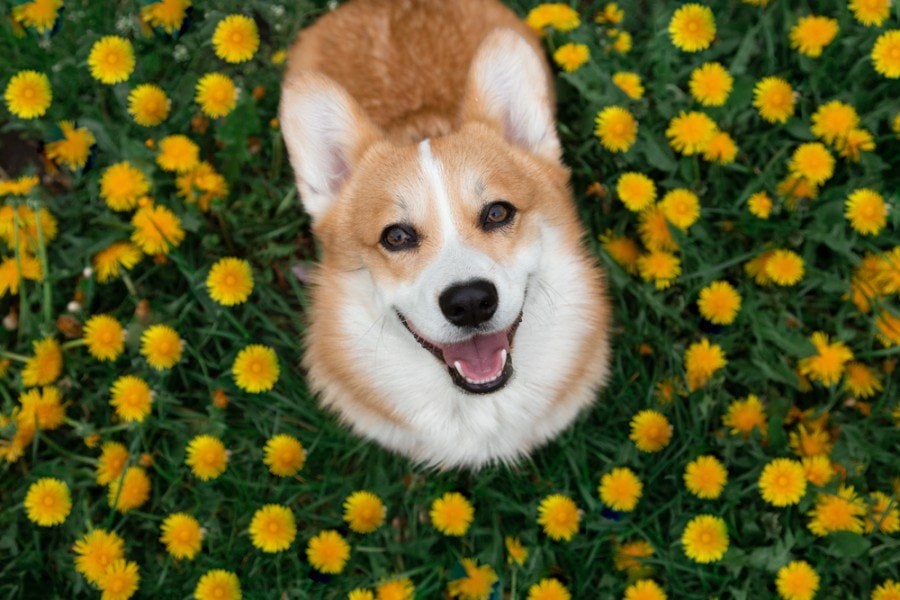
6. Save the Exercise for After
When you do take your corgi outside, don’t make it playtime right away. Take them straight to an approved potty space and wait to see if they relieve themselves. If they do, you can spend some time playing afterward. There are two reasons for this. First, puppies are likely to pee themselves in excitement if they play with a full bladder—and that’s a good habit to break right away. Second, this approach rewards puppies for peeing outside.
7. Never Punish
It can be tempting to scold a puppy or shove its nose toward your stinky carpet if you have an accident. But this type of “teaching” is counterproductive. In fact, most of the time, puppies don’t make the connection between your scolding and an accident, especially after the fact. Positive reinforcement training has been shown to be much more effective.
Puppies also are more likely to have accidents if they’re stressed or anxious. If your puppy does have an accident, clean it thoroughly to remove smells, and make sure to let your puppy out earlier in the future.
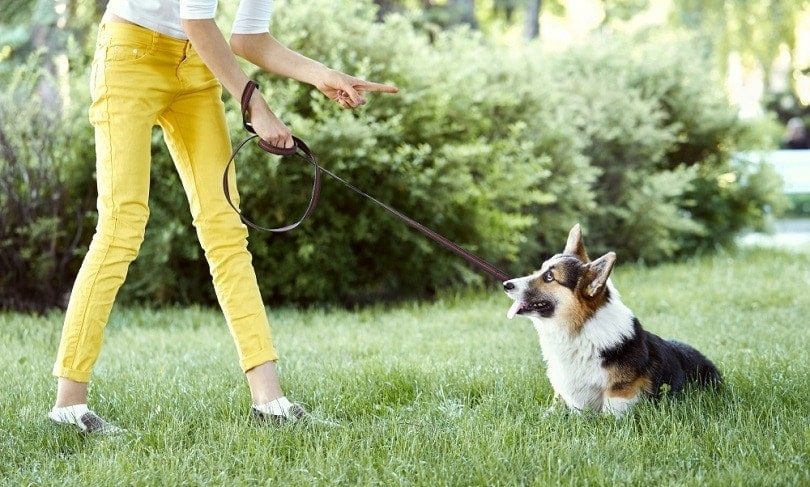
8. Be Patient
Potty training can take a little longer than expected. It takes time, energy, and effort, but the end result is very worth it. Once your puppy seems consistent, it can be tempting to relax, but it’s important to stay extra vigilant for a little longer than you think. Once it has been a month or two without an accident, your puppy is probably potty trained.
 Last Thoughts
Last Thoughts
Corgi puppies are irresistibly cute and sweet, and it’s a good thing too! Housebreaking a corgi puppy is a lot of work, but the rewards are great. Your dog will be happier and healthier, and your home will be cleaner and more sanitary. Once you’ve gotten through the worst first week or two of potty training, things will get easier, and soon you’ll see that it was all worth it.
Featured Image Credit: Jus_Ol, Shutterstock


 Last Thoughts
Last Thoughts